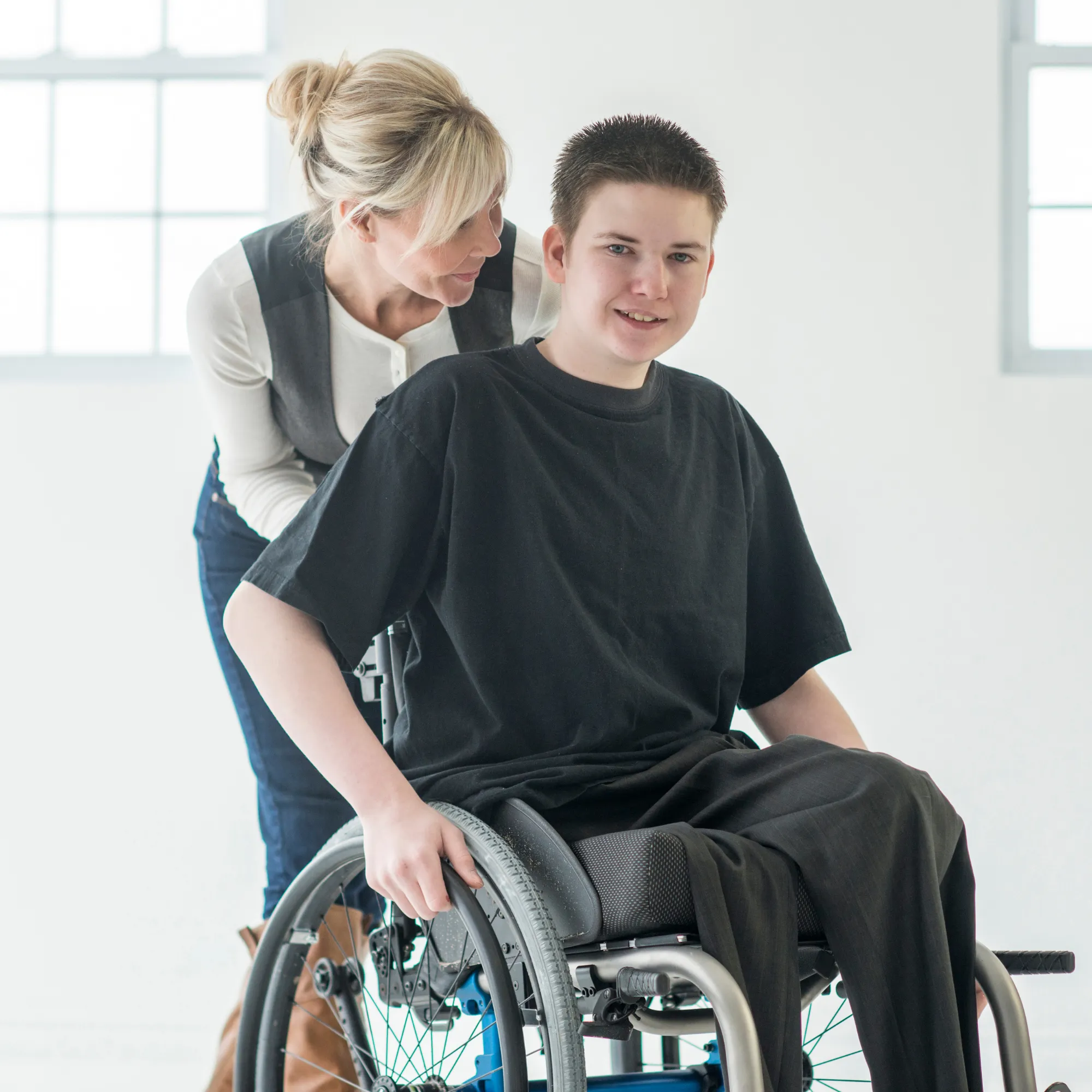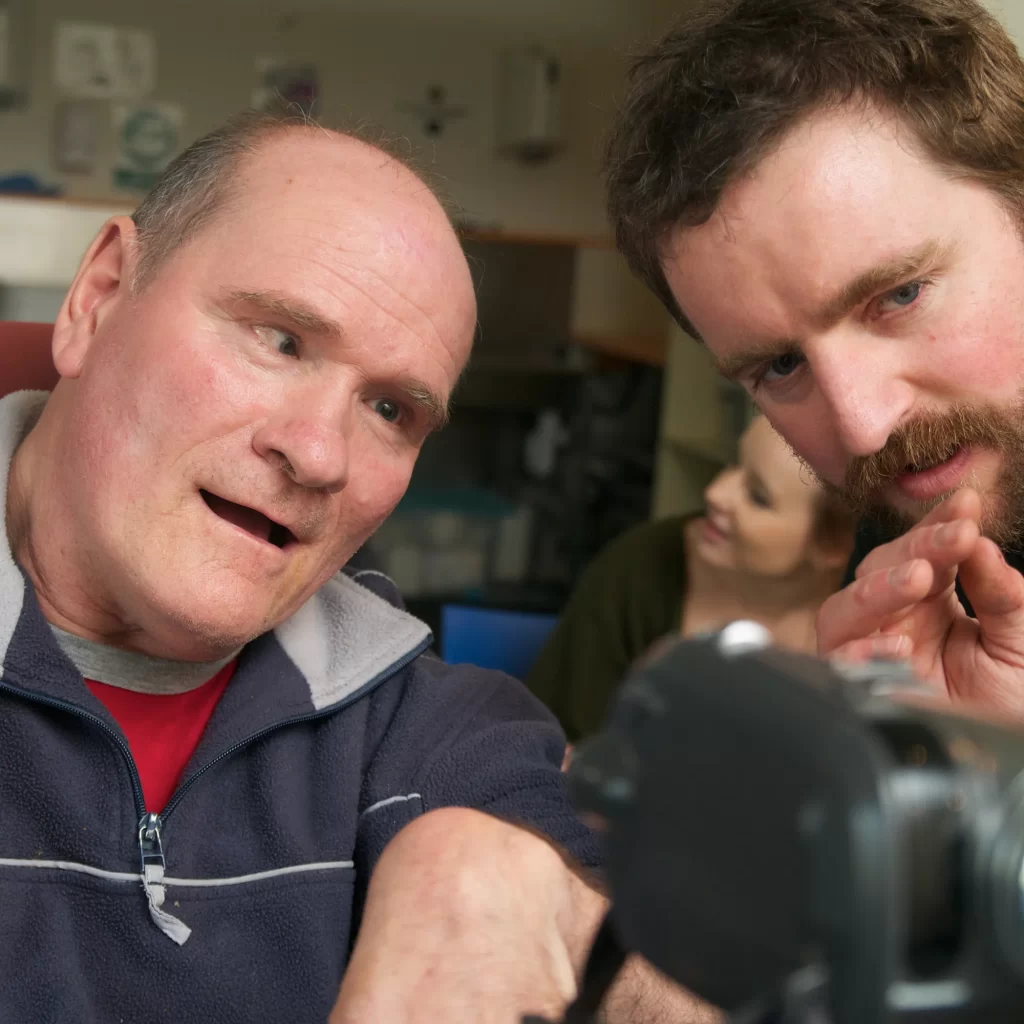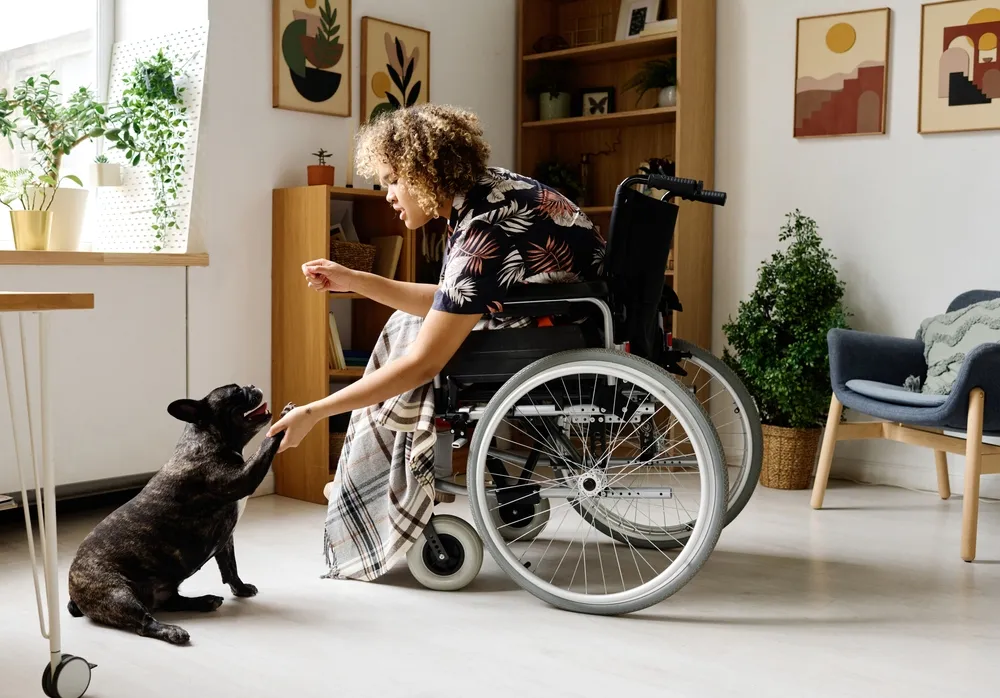The National Disability Insurance Scheme (NDIS) provides essential support and services to individuals with disabilities in Australia. One of the key areas covered by the NDIS is domestic care, which aims to assist participants in living independently and maintaining their homes. This blog will guide you through the various aspects of NDIS domestic care, exploring the available supports, funding options, and how participants can access and utilise these services.
What is NDIS Domestic Care?
NDIS domestic care encompasses a range of supports and services designed to help participants with their day-to-day living needs. These supports can include assistance with daily tasks, home modifications, assistive technology, and more. The goal is to enable participants to live independently and enhance their quality of life.
Supports Funded by NDIS
The NDIS provides funding for various home and living supports. These supports can be categorised into different areas: assistance with daily life, home modifications, individualised living options, supported independent living, short-term accommodation, and assistive technology. Each category supports participants’ daily lives and promotes their independence.
Funding Options for Participants
Participants can access funding for domestic care through their NDIS plans. The funding allocated for home and living support will depend on the individual’s needs and goals, as outlined in their plan. Participants must communicate their specific requirements during planning to ensure appropriate funding is allocated.
Navigating NDIS Domestic Care
Choosing Service Providers
Participants have the flexibility to choose their service providers for domestic care. It’s important to select providers who align with the participant’s goals and preferences. Participants can research and compare different providers, considering experience, qualifications, availability, and reputation. Participants can also seek recommendations from their support network or utilise online platforms that provide information about registered NDIS service providers.
Managing NDIS Funding
Participants have the responsibility of managing their NDIS funding for domestic care. This includes keeping track of their budget, ensuring that funds are allocated appropriately, and monitoring the effectiveness of the support received. Participants can work with their support coordinator or utilise online tools provided by the NDIS to assist in budgeting and tracking expenditures.
Available Supports and Services
Assistance with Daily Life
Assistance with daily life is a core support category that provides participants with assistance or supervision for personal tasks. These supports aim to enable participants to live as independently as possible. Examples of assistance with daily life can include support with personal care, meal preparation, household chores, and community participation.
Home Modifications
Home modifications are changes to a participant’s home to enhance accessibility and safety. These modifications can include the installation of ramps, grab rails, modified bathrooms, and accessible kitchen facilities. The NDIS can fund home modifications to enable participants to move around their homes comfortably and easily perform daily activities.
Individualised Living Options
Individualised living options (ILOs) allow participants to choose their preferred living arrangements and set up tailored supports. ILOs allow participants to live in their chosen environment while receiving the necessary assistance and services. This can include living independently, in shared accommodation, or with family members.
Supported Independent Living
Supported independent living (SIL) helps participants live as independently as possible while receiving assistance with daily tasks. SIL is commonly provided in shared living arrangements where participants can access personal care, meal preparation, and other supports. It aims to build participants’ skills and autonomy while ensuring they have the necessary support to thrive.
Short-Term Accommodation
Short-term accommodation, including respite, offers participants temporary support and accommodation when their usual carers are unavailable or when they want to try new experiences. This funding covers the cost of care in another location for a specified period, allowing participants to break their routines and access additional support if needed.
Assistive Technology
Assistive technology (AT) refers to equipment or systems that support individuals with disabilities in their daily tasks and activities. AT can include mobility aids, communication devices, home automation systems, and sensory aids. The NDIS provides funding for assistive technology based on participants’ specific needs and goals.
Specialist Disability Accommodation
Specialist Disability Accommodation (SDA) is designed for individuals with significant functional impairments or high needs. SDA provides specialised housing options that are accessible and tailored to meet participants’ specific requirements. These accommodations enable individuals to receive the necessary support and services within their living environment.
Accessing NDIS Domestic Care
Applying for NDIS Domestic Care
To apply for NDIS domestic care, individuals must meet the eligibility criteria for the NDIS. This includes having a permanent disability that significantly impacts their ability to carry out daily activities. The application process involves completing an Access Request Form and providing supporting documentation to demonstrate the impact of the disability on the individual’s life.
Planning for NDIS Domestic Care
Once approved for the NDIS, participants will engage in the planning process to develop their NDIS plan. During this process, participants will discuss their home and living goals, outline their specific needs, and identify the supports required. Participants need to provide as much information as possible to ensure their plan accurately reflects their requirements.
Implementing and Managing NDIS Domestic Care
After the planning process, participants will receive their approved NDIS plan, which outlines the funding allocated for domestic care. Participants manage their plans and ensure the allocated funds are used appropriately. Regular plan reviews allow reassessing needs, adjusting supports if necessary, and ensuring the plan remains aligned with participants’ goals.
Easy Healthcare Domestic care includes a range of household tasks that are vital to maintaining a clean and healthy living environment. These tasks include:
- Kitchen Maintenance: Keeping the kitchen clean is crucial for hygiene and health.
- Bathroom Upkeep: Ensuring the bathroom is clean and sanitary.
- General Cleaning: Tackling the everyday accumulation of dust and dirt throughout the home.
- Floors Care: Vacuuming or mopping to keep floors in pristine condition.
- Outdoor Maintenance: Sweeping outdoor areas to maintain a neat exterior.
- Waste Management: Taking out the rubbish, a fundamental aspect of home cleanliness.
- Gardening: Watering gardens and plants fosters a green and vibrant living space.
- Pet Care: Feeding pets, ensuring they are well looked after.
- Pathway Cleaning: Keeping paths and steps clear to prevent accidents.
- Laundry Services: Doing laundry, including washing, hanging out, and collecting clothes, is integral to personal hygiene.
Conclusion
The NDIS provides a comprehensive range of support and services for participants in domestic care. These supports aim to enhance participants’ independence, enable them to live comfortably in their homes and improve their overall quality of life. By understanding the available supports, navigating the NDIS system, and effectively managing their funding, participants can access the necessary resources to create an environment that supports their individual needs and goals.
Remember, Easy Healthcare is committed to providing accessible and user-friendly information to individuals with disabilities. If you have any questions or need further assistance regarding NDIS domestic care, feel free to contact us. We are here to support you on your journey towards independent living and a fulfilling life.
Easy Healthcare is an NDIS support provider based in Melbourne, offering Domestic Care, Community Participation, Respite Care, Support Coordination, and cleaning and Gardening Services services to NDIS participants. If you have any questions about our NDIS support services, contact us at 1300 959 358.















